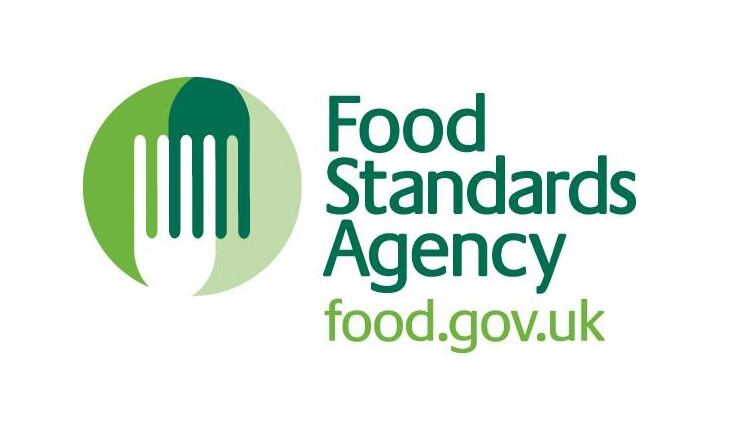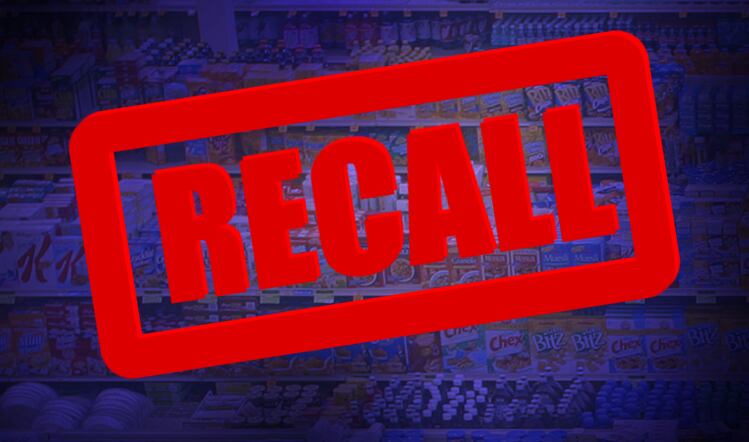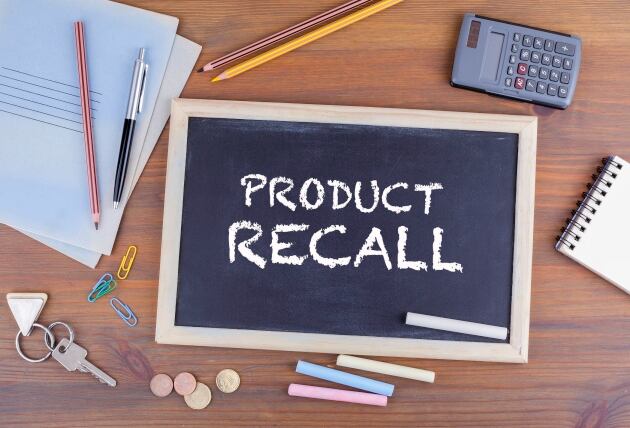Between 2016 and 2017, the Food Standards Agency (FSA) and Food Standards Scotland (FSS) reviewed the UK food sector with the aim to improve the way food is recalled within the UK.
This review resulted in changes to the withdrawals and recalls system, including new guidance, changes to point of sales notices displayed in shops and additional training for food business operators (FBOs).
RSM’s review of the new recall system focused on two key objectives – to understand how the changes were carried out and to evaluate the success of the system redesign, the roles of the agencies, how aware the public is of the safety around their food and how the FSA/FSS can improve their work in the future.
Roles and responsibilities
On investigating the roles and responsibility in the new system, the review found that FBOs ESRG members and enforcement officers had a clear understanding of the new roles and responsibilities – an improvement on the old system, which was less direct about these.
However, while consumers who had experienced a recall said they had a clear understanding on their role, those who had not were less confident of their role during a food recall.
Accessibility of information
When consulted on the accessibility of information and cross industry sharing of approaches and impact, consumers were less likely to think that the information available isn’t as accessible than it is to enforcement officers and ESRG members.
Consumer focus groups thought that awareness of recalls was dependent on chance – for example, they happened to see a notice in store or read about a recall in a newspaper. This suggested that information is not always consistently available.
Finally, consumers thought that the duty was on retailers – as opposed to regulators – to inform consumers of a recall and that a range of communication methods should be used to inform them. Examples used included emails, loyalty schemes and posters in stores.
Public awareness of recalls
FBOs, ESRG members and consumers all had different views on how aware the public are of what to do during a food recall. FBOs said consumers often contacted them directly to ask about next steps during a recall, suggesting consumers weren’t always aware of what to do next.
Similarly to the investigation into roles and responsibilities, the review found that consumers who had experienced a recall were aware of the process, but those that had not were less aware of what they should do.
Improvements for the future
Reflecting on the above response, the review offered a number of improvements that could be made to the system in the future.
“There is limited evidence that all parts of the system are working together to share good practice and improve the system,” read the review. “For example, enforcement officers reported that not all businesses have been completing a Root Cause Analysis (RCA) after their recall, which helps to identify how the issue happened, and what they can do in the future.
“When FBOs do complete an RCA, they do not always share the findings more widely (I.e. with FSA/FSS on request in order to share with others in their industry). This is often due to limited awareness of how to share these findings. As a result, there are fewer opportunities to share learning across the food industry, local authorities and regulators.”
A full list of its recommendations can be found in the box below.





